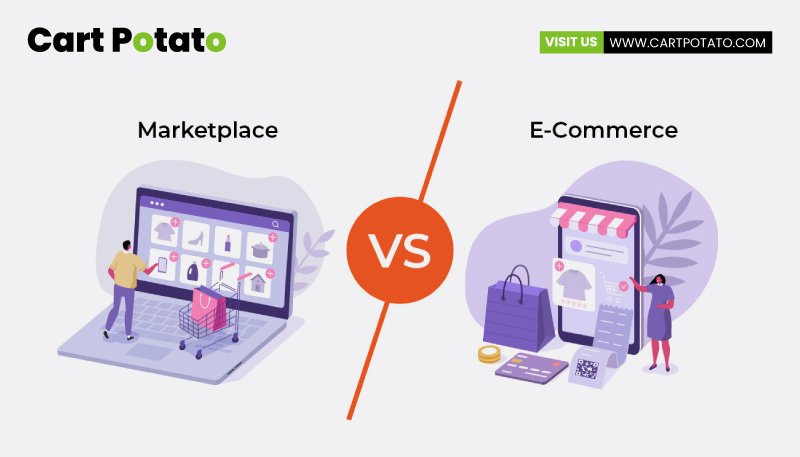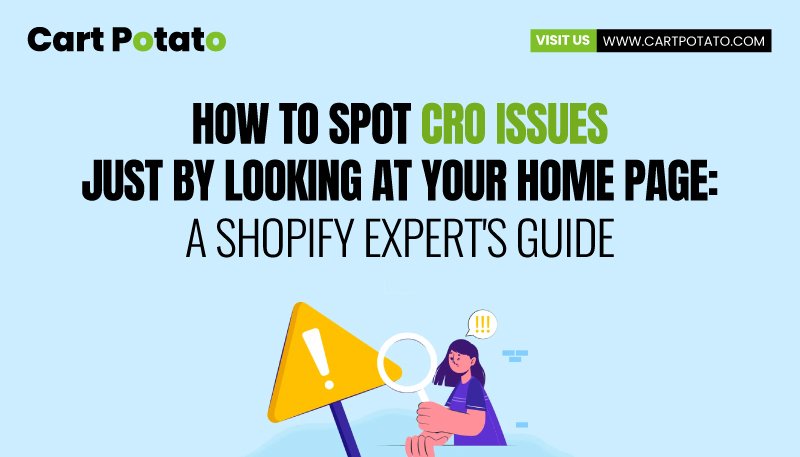
E-Commerce Platform v/s Marketplace: Which one is better for your business?
When launching an online business, one of the first crucial decisions is selecting the right sales channel.
Should you create a standalone e-commerce store using a platform like Shopify, or should you opt for a well-established marketplace such as Amazon, Etsy, or eBay?
Each option has its benefits and limitations, making it essential to assess which aligns best with your business goals.
Here’s a breakdown to help you make an informed choice.
E-Commerce Platform: Full Control Over Your Brand
An e-commerce platform, such as Shopify or Shopify Plus, allows you to build a dedicated online store tailored to your unique brand and customer experience.
One example of a successful e-commerce business is House of EDSA, which we developed as a fully branded jewelry store. This site gives complete control over design, pricing, and customer interactions, essential for building a loyal customer base.
Benefits of Using an E-Commerce Platform
- Brand Control and Customization
With an e-commerce platform, you can design a website that reflects your brand identity—from colors and layout to product pages and customer interactions. This flexibility allows you to create a memorable and tailored experience for your customers, building stronger brand loyalty and recognition. - Direct Customer Relationship
Owning your e-commerce site gives you direct access to customer data, such as contact information and shopping behavior, which is invaluable for personalized marketing. This data can inform strategies for email marketing, retargeting, and building a customer base for repeat business. - Flexible Pricing and Payment Options
E-commerce platforms allow you to set your own pricing and offer various payment methods, including credit cards, wallets, and installment options. Shopify and Shopify Plus, for example, provide multiple integrations and options to cater to diverse customer preferences. - SEO and Marketing Opportunities
E-commerce sites offer the potential to rank on search engines, especially if optimized with keywords, valuable content, and customer reviews. Additionally, you can run your own paid campaigns, retargeting ads, and social media marketing to drive traffic directly to your site.
Drawbacks of Using an E-Commerce Platform
- Marketing Responsibility
While you have the freedom to run campaigns, the responsibility for driving traffic lies with you. This requires consistent marketing efforts and investments, from SEO to social media ads. - Time and Investment in Development
Building and maintaining an e-commerce website requires upfront work and investment, whether you’re handling design, integrating features, or ensuring a smooth checkout experience.
Marketplace: Leverage Existing Traffic and Infrastructure
A marketplace such as Amazon or Etsy offers the chance to showcase your products on a platform where millions of customers already shop.
Benefits of Selling on a Marketplace
- Access to a Large Customer Base
Marketplaces provide immediate access to high traffic volumes, which can be a major advantage for sellers who want quick exposure and sales. This is especially valuable for new businesses that haven’t yet built their own customer base. - Streamlined Logistics and Infrastructure
Marketplaces typically offer integrated logistics and fulfillment options. For example, Amazon’s FBA (Fulfilled by Amazon) program can handle storage, packing, and shipping, allowing you to focus more on inventory management and customer satisfaction. - Lower Upfront Investment
Joining a marketplace is usually less costly upfront than creating an entire e-commerce website. While there may be fees associated with listing and selling products, you don’t have to worry about expenses for hosting, design, or development.
Drawbacks of Selling on a Marketplace
- Limited Branding Opportunities
Marketplaces emphasize their own branding over individual sellers. Your products may appear alongside competitors, making it harder to create a unique brand identity. Many marketplaces also limit customization, so you’re often restricted to standard product listings. - Higher Competition and Fees
In a crowded marketplace, it can be challenging to stand out without investing in ads or paying extra fees for premium listing positions. Additionally, marketplaces often charge fees for each sale, which can cut into your profit margins. - Limited Customer Data Access
Unlike e-commerce platforms where you control customer data, marketplaces generally restrict access to buyer information. This limits your ability to build a customer list or target customers for repeat purchases.
E-Commerce Platform vs. Marketplace: Which Is Right for You?
The decision largely depends on your business goals, budget, and long-term vision.
- If Brand Control and Loyalty Matter: An e-commerce platform is the better choice. Building your own online store through Shopify or Shopify Plus gives you complete control over the customer experience, enabling you to nurture brand loyalty and optimize your site to meet your specific needs.
- If Quick Sales and Exposure Are Your Priority: A marketplace can offer rapid exposure to a broad customer base, which is beneficial for businesses looking to test a product or establish an initial sales channel without heavy investments in marketing.
- For a Hybrid Approach: Many brands use both channels, leveraging a marketplace for brand exposure while developing a dedicated e-commerce site for long-term growth. This allows businesses to reach a wider audience while still building a loyal customer base on their own terms.
Final Thoughts
At Cart Potato, we specialize in helping businesses grow through custom Shopify and Shopify Plus solutions. Whether you’re establishing your brand from scratch or transitioning from a marketplace to your own e-commerce site, our team of experts can help create a powerful, scalable online store that meets your goals. With an optimized Shopify store, you can deliver a top-notch shopping experience that builds trust and loyalty with your customers.
FAQs
1. What is the difference between an e-commerce platform and a marketplace?
An e-commerce platform is a dedicated online store where a brand can sell directly to customers, controlling the entire shopping experience from design to checkout. Examples include Shopify and Shopify Plus, which allow complete customization of branding, product presentation, and customer interaction. A marketplace, on the other hand, is a larger platform where multiple sellers list their products, such as Amazon or Etsy. Marketplaces provide access to a large customer base but limit branding opportunities and often charge fees per sale.
2. Which option offers better branding opportunities: an e-commerce site or a marketplace?
An e-commerce platform like Shopify provides the best branding opportunities, as you have full control over design, content, and customer experience. This can help build brand loyalty and establish a unique identity. Marketplaces offer limited branding, as products are often listed among competitors and branding is restricted to standard layouts.
3. Is it possible to use both an e-commerce platform and a marketplace?
Yes, many brands use both. This approach can maximize exposure by reaching the marketplace’s built-in audience while developing a unique e-commerce site for brand control and direct customer engagement. Using both channels can help attract new customers while building a loyal base on your own site.
4. Which option is more cost-effective for startups?
Marketplaces can be more cost-effective initially because they don’t require upfront investments in web development or hosting. However, they often have selling fees and commission costs, which can reduce profit margins. An e-commerce site may have higher startup costs but offers better long-term value, especially as you scale.
5. How does customer data access differ between an e-commerce platform and a marketplace?
On an e-commerce platform, you have direct access to customer data, which can be used for personalized marketing and building customer relationships. Marketplaces usually restrict access to customer data, meaning you may not be able to remarket directly to customers or build a customer list.
6. How do I know if an e-commerce platform or a marketplace is right for my business?
Consider your business goals. If you want full brand control, personalized customer experience, and direct access to customer data, an e-commerce platform like Shopify is ideal. If you’re focused on quick sales, exposure to a large audience, and want a simpler setup, a marketplace might be better.
7. Can Cart Potato help with both marketplace and e-commerce platform setups?
Yes, at Cart Potato, we specialize in building custom Shopify and Shopify Plus stores to help brands create a powerful online presence. We can also guide businesses on marketplace strategies, helping you understand how to maximize both options for the best results.








